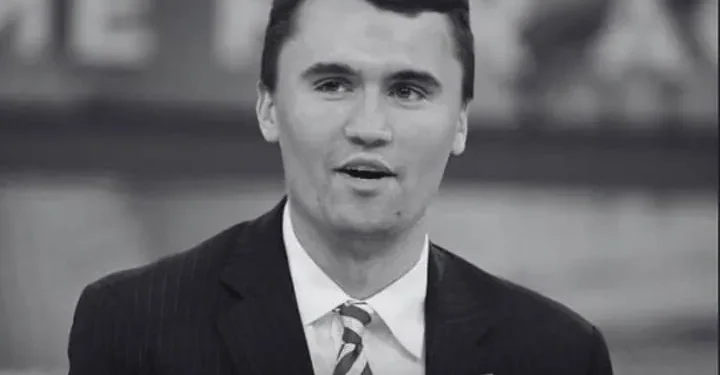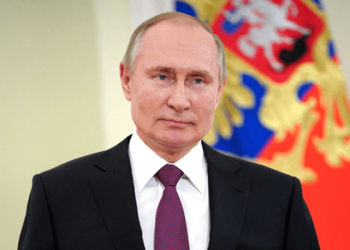The shocking assassination of conservative activist Charlie Kirk is more than just a tragic news event; it’s a terrifying culmination of America’s hyper-polarized political climate. A single bullet, fired from a rooftop, didn’t just kill a man—it brutally exposed the deep, festering wounds in a nation where political differences are now viewed as grounds for violence.
While his supporters are mourning a champion of free speech and a hero of the youth conservative movement, a chilling counter-narrative has emerged among his critics. For them, Kirk’s death, though a violent act, is being met with a cold satisfaction due to his history of what they see as incendiary and hateful rhetoric, particularly his controversial stance on the Gaza war and other sensitive social issues. This deeply divided reaction to a public figure’s death is the most damning indictment yet of America’s toxic public square.

The Divided Reaction of the General Public
The immediate aftermath of Kirk’s murder showcased the country’s profound ideological chasm. On one side, allies of President Donald Trump and figures within the MAGA movement are calling the killing a political assassination, mourning a “legend” who inspired a generation of young voters. Their grief is visceral, seeing the shooting as an attack on their very identity.
On the other side, some of Kirk’s most vocal critics, particularly those who opposed his pro-Israel views and his rhetoric on issues like transgender rights, have openly expressed a lack of sympathy. This response, while shocking to many, underscores the extent to which political enmity has replaced basic human empathy.
It confirms that for many, Kirk was not just a political opponent but a moral enemy, and his death, no matter how violent, is viewed by some as the predictable outcome of his divisive worldview.
Why It Matters
To prevent more tragedies, America must undertake a fundamental and immediate recalibration of its political discourse. The solution is not to simply deploy more police or call for more arrests; that only addresses the symptoms, not the root cause.
First, our leaders, from the Oval Office to the halls of Congress, must commit to a public ceasefire on demonizing rhetoric. President Trump’s comments blaming “radical left political violence” only serve to inflame tensions, just as his critics’ similar rhetoric against him does. This hypocrisy must end.
Furthermore, a national campaign for political civility should be launched, starting in our schools and universities. We must teach a new generation that a democracy thrives on debate and disagreement, not on hatred and division.
Finally, social media platforms, where this toxic culture festers, must be held accountable for actively moderating content that incites violence. Until the rhetoric of war is replaced with the language of reconciliation, the death of Charlie Kirk will not be an aberration but a grim preview of a future to come.

















